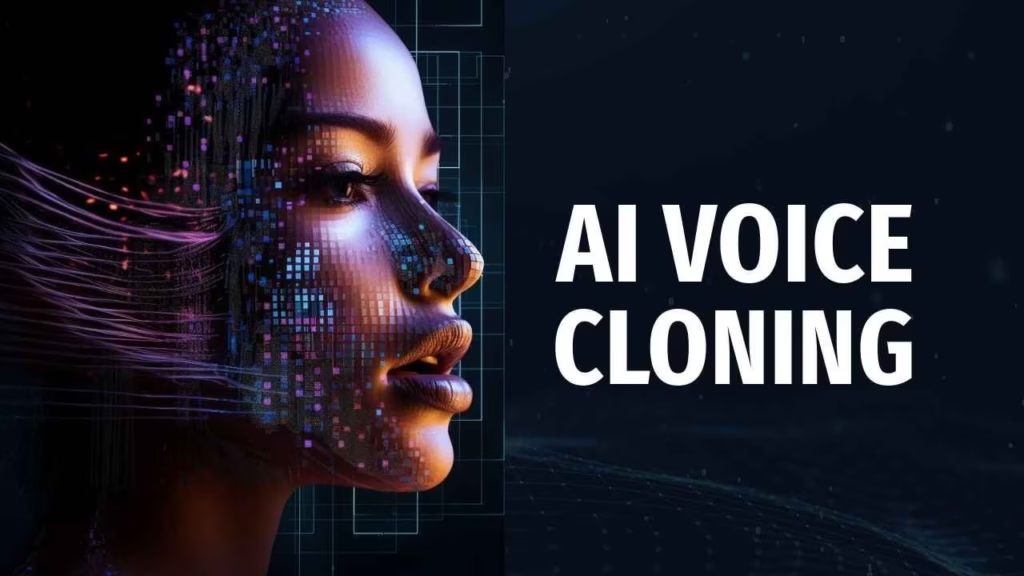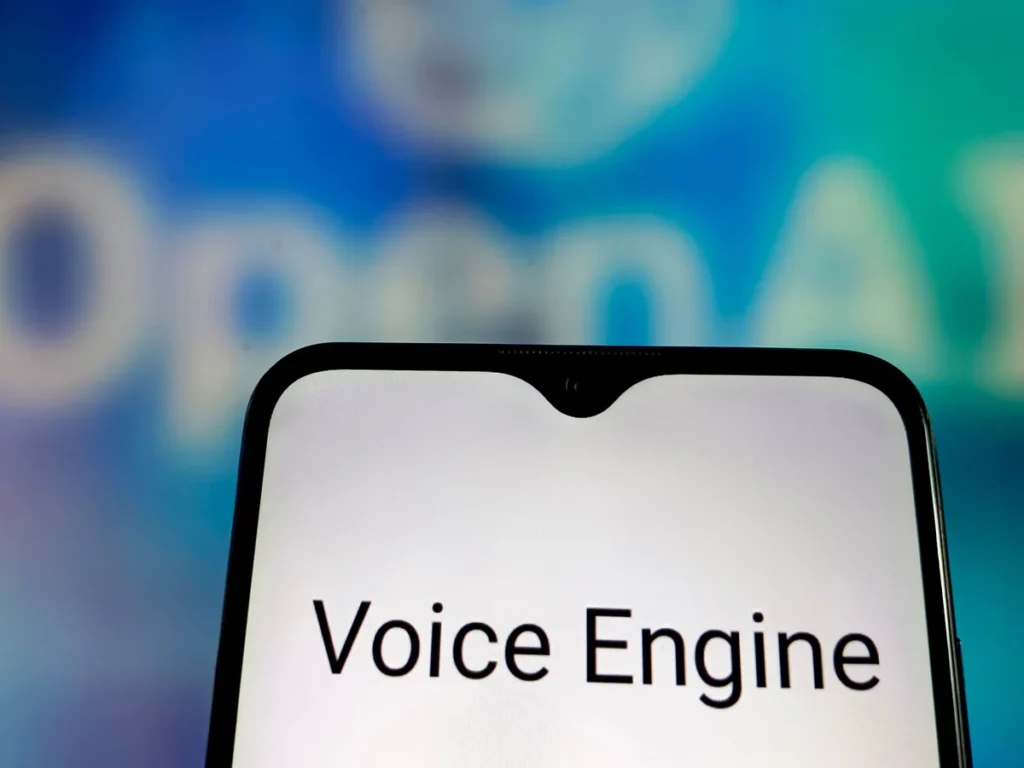AI Voice Cloning for UK Accents: A New Era for Digital Voices

In an ambitious move to preserve regional authenticity, British AI company Synthesia has introduced a new voice-cloning tool designed to accurately replicate UK regional accents. Named Express-Voice, this technology steps away from the traditionally homogenised tone of artificial speech—typically influenced by North American or Southern English dialects—and instead aims to reflect the diverse vocal landscape of the United Kingdom.
AI Voice Cloning Breaks the Accent Barrier: Why Regional Nuance Matters
AI-generated speech often fails to represent the broad spectrum of spoken English across the UK. This shortcoming arises from the fact that most training datasets originate from US-based or London-centric sources. As a result, many synthetic voices sound generic or culturally detached.
Synthesia tackled this by building a robust database of regional voices collected through studio sessions and online recordings. This linguistic diversity enables Express-Voice to reproduce everything from a thick Glaswegian burr to the soft vowels of a Welsh lilt.
“If you’re the CEO of a company or just a regular person, when you have your likeness replicated, you want your accent to be preserved,” said Synthesia Head of Research Youssef Alami Mejjati. He emphasised the importance of reflecting real identities, not just polished imitations.
Accent Bias and Representation in AI Tools
For years, synthetic speech models have suffered from accent bias, frequently favouring American or Canadian English. Even French customers, Mejjati noted, often complain that AI-generated voices tend to sound French-Canadian instead of Parisian. This results from an over-reliance on easily accessible North American datasets.
In response, Synthesia’s regional model aims to democratise voice synthesis by giving underrepresented accents the same technological legitimacy as their more dominant counterparts.
Challenges in Cloning Rare Accents
Despite the technological leap, certain challenges persist. The rarer the accent, the more difficult it is to reproduce due to limited training material. Less-documented dialects such as Northern Irish or Cornish English pose a steep hurdle.

Moreover, AI-powered voice recognition systems, like smart speakers, still struggle to understand strong regional accents. In 2023, internal discussions within the West Midlands Police raised concerns about whether such systems could reliably interpret the Brummie accent.
The Global Divide: Accent Preservation vs. Accent Neutralisation
Interestingly, while Synthesia is advancing accent preservation, other companies are pursuing the opposite. US-based startup Sanas is working on software for call centres that “neutralises” the voices of Indian and Filipino workers. The intent is to mitigate accent-related discrimination, but critics argue it risks erasing cultural identity under the guise of efficiency.
Accent neutralisation may reduce communication friction in customer service, but it raises ethical concerns about forced linguistic conformity in the workplace.
Linguistic Diversity Under Threat in the Digital Age
The homogenisation of speech isn’t limited to accents. There are broader fears that AI is accelerating the erosion of linguistic diversity. UNESCO estimates that nearly half of the 7,000 existing languages are endangered. Meanwhile, fewer than 2% of these are supported by Google Translate, and only 0.2% receive over 80% accuracy from GPT-4.
AI advisor Henry Ajder warns that language models, by standardising speech, contribute to the extinction of unique dialects. These concerns are not theoretical—they affect real-world communication, cultural identity, and heritage.
Voice-Cloning and the Deepfake Dilemma
With great power comes great responsibility. As voice-cloning tools become more accurate, they also become more vulnerable to misuse. Synthesia has implemented guardrails on its Express-Voice system to prevent hate speech and explicit content. Unlike some free alternatives, its product won’t be available without payment.
However, the open-source voice landscape is growing fast—and with it, the threat of voice-based deepfakes. In early July, AI-generated messages mimicking US Secretary of State Marco Rubio circulated among officials, exemplifying the risks posed by synthetic speech in misinformation campaigns.
Balancing Innovation With Ethics
Synthesia’s Express-Voice marks a significant step forward in ensuring AI respects and reflects regional and cultural identity. By accurately cloning UK accents, it contributes to a more inclusive digital future. Still, this progress must be tempered with ethical oversight, especially as voice cloning tools become more accessible.
The future of speech synthesis lies in striking a delicate balance: embracing linguistic diversity while preventing the exploitation of AI for deception. Whether it’s preserving a local accent or protecting against digital fraud, the stakes have never been higher.





I do not even understand how I ended up here, but I assumed this publish used to be great